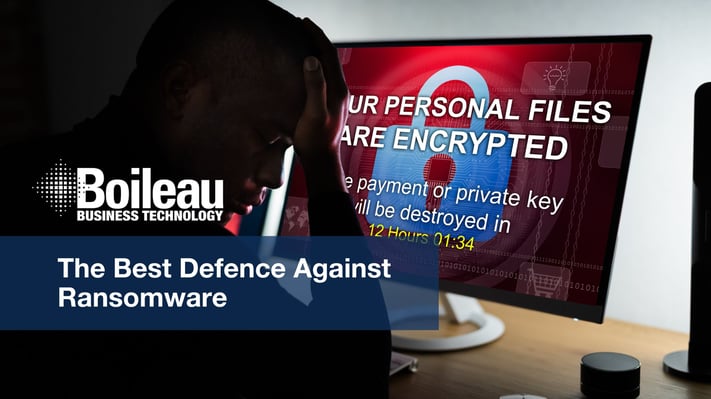
Ransomware is known as a form of malicious software that encrypts files on a device or network and makes them inaccessible unless the victim pays the attacker a ransom. What began as a straightforward virus that spread via floppy discs in the late 1980s has since developed into a billion-dollar industry of cybercrime.
Ransomware organisations continue to develop in order to adapt to new security measures and provide new techniques for extorting victims. Attacks will rise and spread as long as these gangs are successful in getting businesses to pay up.
There is, fortunately, good news. You may lessen the likelihood of a ransomware attack and lessen its effects if it does happen by making the necessary precautions. This blog will discuss the top ransomware defences and give you realistic measures you can do to start safeguarding your company right away.
Best practices and precautions
We suggest taking the following actions to protect your business against ransomware:
1. Update software and operating systems frequently with the most recent versions available
Since hackers frequently target out-of-date software and operating systems, upgrading your software and operating systems on a regular basis with the most recent patches is one of the most basic yet effective precautions against ransomware.
Maintaining the most recent version of your systems makes sure security holes and vulnerabilities are patched, making it far more difficult for attackers to gain access.
2. Never open attachments or links in unsolicited emails
Cybercriminals frequently use phishing emails to lure consumers into clicking on dangerous links or downloading malicious attachments. Before clicking links or downloading data, it is critical to confirm the sender and email content. It's best to delete any emails from senders or sources you aren't familiar with right away and let your coworkers know.
3. Always make regular offline backups of your data on an alternate device
To reduce the danger of data loss caused by ransomware, you must regularly back up your data. You can restore your data after a ransomware attack by keeping a backup of it on a different device and storing it offline. It's also essential to frequently test your backup system to make sure the data can be restored if necessary.
4. Be cautious when using internet-connected device
Using internet-connected devices can include: avoiding public Wi-Fi networks, getting data from reputable sources, and turning on your firewall.
Additionally, make sure your computer is running a safe online browser and that your antivirus software is up to date.
You can follow a few other recommended practises in addition to these ones to prevent ransomware:
- - Email security procedures and techniques, including anti-phishing ones: Email filters that can assist in preventing malicious emails from reaching your inbox.
- Regular security awareness training that will assist your personnel to recognise and stay away from phishing emails and other prevalent cyberthreats.
- Vulnerability scanning: Regular vulnerability scanning can help find weaknesses in your apps and systems before attackers can take advantage of them.
- Automated patch management that saves time and guarantees that your systems are always secure and up to date by doing away with the need for human checks for out-of-date software and systems.
Partner for Success
Working with a managed services provider helps mitigate the risks of cyberattacks and have 24/7 cybersecurity.
Contact us today for a free consultation and jump onboard now for up to 20% off technology products and services.

